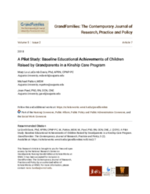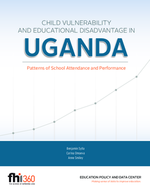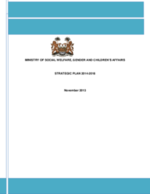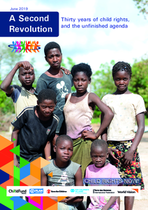Gender Effects of Tutoring on Reading and Math Skills in a Randomized Controlled Trial with Foster Children of Primary-School Age
The present research from the book Education in Out-of-Home Care examined the question of possible gender effects of a tutoring program for children in foster care in Ontario, Canada, as well as several other questions of a practice-related nature, including the impact of implementation fidelity on the effectiveness of the tutoring program and the children’s and caregivers’ perception of the tutoring.





